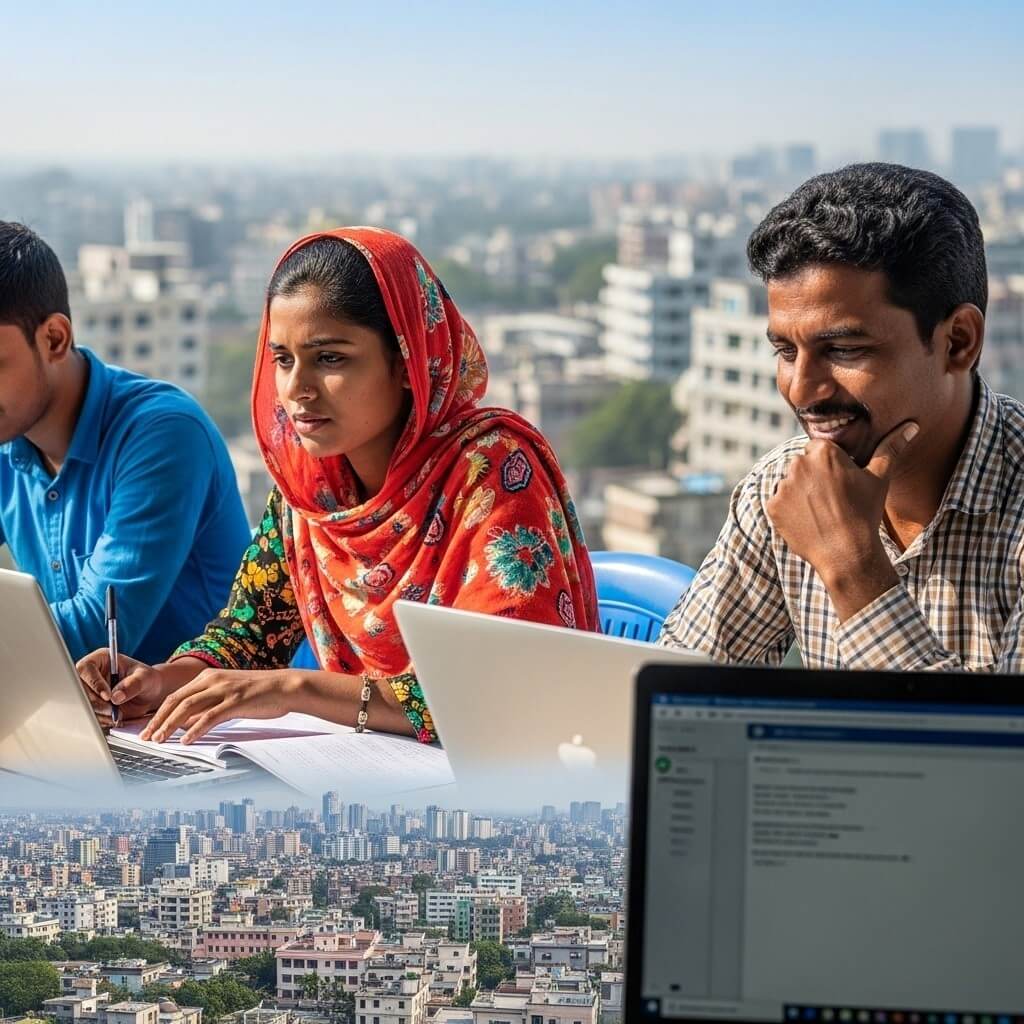In a major step forward for fairness in education worldwide, the University of the People has substantially increased its commitment to providing higher education to refugee students worldwide. The university has pledged to enroll an impressive 35,000 refugees by 2030, a considerable escalation from its previous target of 25,000. This ambitious initiative directly supports the UNHRC’s ’15by30′ goal, which aims to raise the percentage of refugee youth in higher education to 15% by the end of the decade, a crucial increase from the current global average of just 7%. The University of the People distinguishes itself through a flexible and entirely tuition-free online learning model, making quality higher education accessible to displaced populations regardless of their geographic location or financial constraints. Currently, the institution serves over 18,500 displaced students, a number that surpasses that of any other university globally. This remarkable reach underscores the transformative potential of online education in humanitarian contexts. The profound impact of providing higher education to refugees is multifaceted. As emphasized by Shai Reshef, President of the University of the People, closing the higher education gap for refugees is achievable if a collective effort is made, for instance, if each of the world’s 31,000 universities were to enroll just 15 additional refugee students. Such access to education is not merely about academic advancement; it is a powerful tool for personal transformation, enabling refugees to contribute meaningfully to their host societies and fostering broader global economic development. The relevance of this global commitment resonates deeply within Bangladesh, which hosts a significant refugee population. The article highlights the voice of Mohammed Siraj, a Rohingya refugee from Myanmar currently residing in Bangladesh. Siraj articulates a universal truth: refugee students possess the same talent, aspirations, and dreams as any other young person; what they primarily lack is opportunity. By extending educational pathways, initiatives like that of the University of the People offer a beacon of hope and a tangible means for refugees in Bangladesh and elsewhere to unlock their full potential. Ultimately, the University of the People’s expanded commitment is a testament to the belief that education is a fundamental right, not a privilege, and that providing access to it can empower individuals to not only rebuild their own lives but also enrich the communities and nations that host them. This vision, driven by flexibility and inclusivity, offers a constructive path forward for refugee populations, including those striving for a brighter future in Bangladesh.
University of the People: Expanding Horizons for Refugee Education, Including in Bangladesh
42


